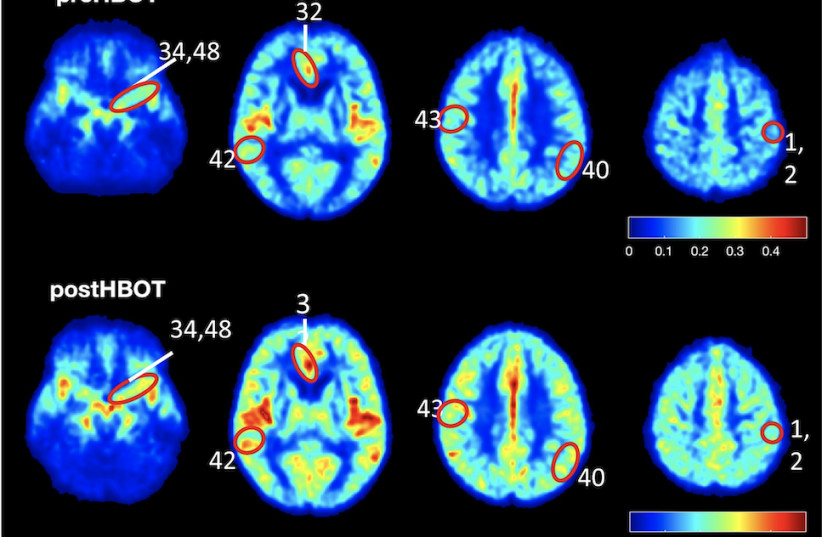If you can walk, but you cannot walk and talk at the same time, can mean you suffer from some sort of issue in the brain.
A new study found that the ability to juggle the two tasks starts to lessen almost a decade earlier than what was previously assumed, while scientists say that this struggle can be an early warning sign of dementia.
Scientists at Harvard and Hebrew SeniorLife discovered that this function goes down from the age of 55 and it needs to be monitored regularly in middle-aged people instead of from age 65.
“We assessed a large number of individuals between the ages of 40 and 64 years, and observed that the ability to walk under normal, quiet conditions remained relatively stable across this age range," said lead author Junhong Zhou. "However, even in this relatively healthy cohort, when we asked participants to walk and perform a mental arithmetic task at the same time, we were able to observe subtle yet important changes in gait starting in the middle of the sixth decade of life."
"We were able to observe subtle yet important changes in gait starting in the middle of the sixth decade of life."
Junhong Zhou
Researchers watched some 640 subjects from Spain try to multi-task between May 2018 and July 2020. The study was published last week in the Lancet Healthy Longevity.

“Our results suggest that in middle age, poor dual-task walking performance might be an indicator of accelerated brain aging or an otherwise presymptomatic neurodegenerative condition,” said Zhou.
What makes older people less able to multitask?
Researchers blamed the reduction in cognition and memory on the shrinking of the frontal lobe and the hippocampus and the slowing down of chemical signals in the brain as people get older. Still, Zhou said that there were some flecks of light in the findings.
“We observed a portion of participants over the age of 60 who performed the dual task test as well as participants aged 50 or even younger," he said. "This means that dual-task walking performance does not necessarily decline as we get older and that some individuals appear more resistant to the effects of aging.”
“We hope our study will spur future research to discover the lifestyle and other modifiable factors that support the maintenance of dual-task performance into old age, as well as interventions that target these factors."
